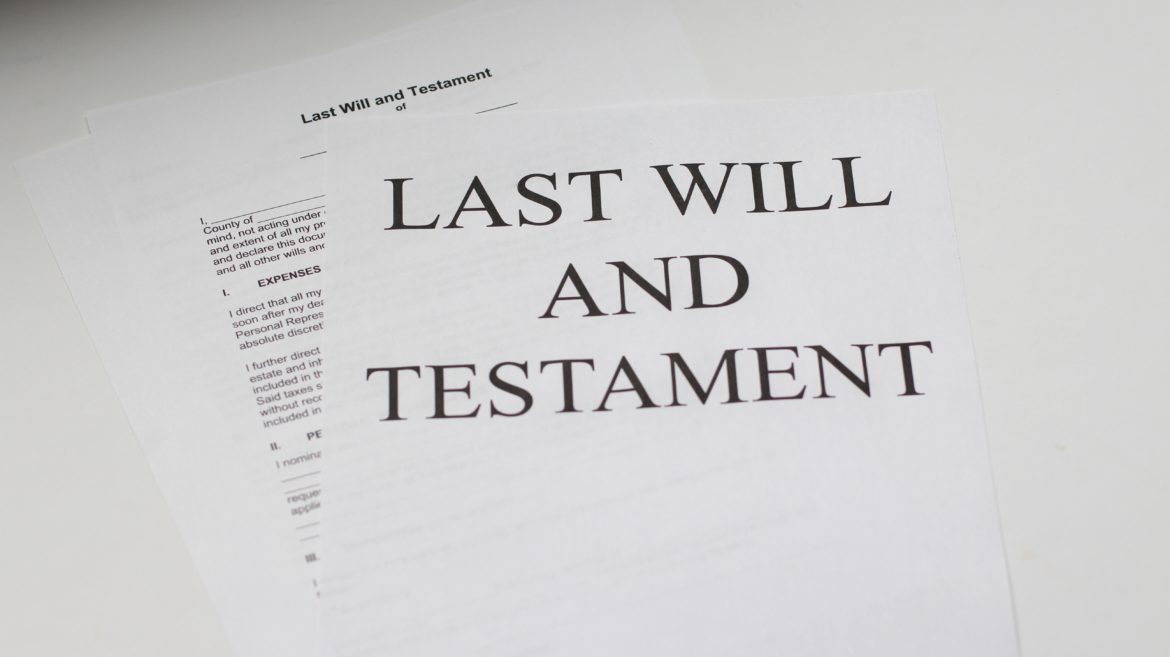Making large financial decisions after the passing of a loved one can be a very difficult process, especially on top of the grief you’re going through. If your loved one blessed you with an inheritance in addition to their lifelong investment of love, here are some important considerations to keep in mind.
1. Consider the tax implications. The first thing you’ll want to do is make sure that you don’t blow all your money and then find yourself unable to pay large tax liabilities. According to the 2017 Tax Cuts and Jobs Act, there is no federal inheritance tax unless that person’s estate was over $11 million. So typically, you won’t owe money right away, unless your parent or loved one lived in one of these six states: Iowa, Kentucky, Maryland, Nebraska, New Jersey and Pennsylvania, which are subject to state inheritance tax.
The other tax law to consider is income tax. If you inherited money from a traditional IRA and start making large withdrawals out of it, that increases your taxable income amount and liabilities. On the other hand, property, such as real estate and securities, receive a stepped-up basis, which can minimize your taxes when you sell that property. For example, if you inherit a $200,000 house and sell it for $200,000, you do not have a taxable gain at all. To prevent a large unexpected tax bill, consult with a CERTIFIED FINANCIAL PLANNER™ or tax professional.
2. Pay down debt. Now would be an excellent time to pay off that home equity line, car loan, or credit card bill that’s been weighing you down for years. You finally have a chance to get out from under the burden of your creditors and stop paying unnecessary interest.
3. Set aside an emergency fund. Life has a way of throwing you curve balls, so you want to have 6-8 months of living expenses set aside for emergencies. If you want to get at least a minimal return on this, you can put it in a CD at your bank or credit union. If you ever need the money, this asset is still very liquid.
4. Invest it in a well-diversified portfolio. If invested well, your parent’s legacy could continue to bless you for decades and decades to come. You’ll want to get a good investment plan together that answers all the important questions such as: should you sell your parents old home or rent it out? Should you keep their investments where they are or find a better investment? Will you be required to take RMDs (required minimum distributions) from some of their accounts? Should you convert an account from a traditional to a Roth? These questions can be difficult to answer on your own so finding a CERTIFIED FINANCIAL PLANNER™ who specializes in working through these issues can be very beneficial to you.
5. Finally, have fun! Your loved one left you an inheritance because they loved you and they want you to be happy in life. Being responsible with their gift puts it to best use and honors their legacy but having fun with a portion of it is good as well. The important thing to remember is not to change your lifestyle above its current level, unless the inheritance amount truly warrants such a change.



